Swiss group pushes for peace in Jerusalem
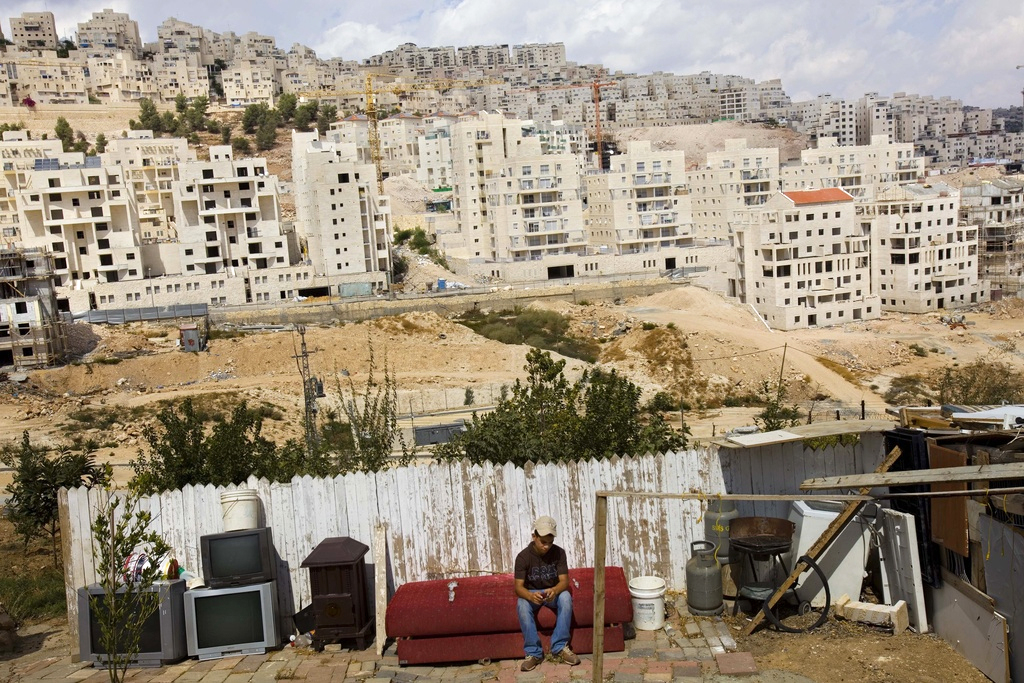
Faltering peace talks, settlements in the Occupied Territories and the ongoing Israeli siege of the Gaza strip – the situation in the Middle East seems hopeless to many.
Yet a Swiss organisation continues to push for peace in Jerusalem. For the Lassalle Institute, the project “Jerusalem – Open City for Learning World Peace” is a priority.
Located in Bad Schönbrunn near the central Swiss town of Zug, the institute addresses leaders in business, politics and other sectors, advocating ethics rooted in holistic awareness.
“It’s a phrase that refers to the oldest traditions and visions of this city of three religions,” said Pia Gyger, co-founder of the Lassalle Institute.
Jerusalem’s Israeli administration approved the construction of nearly 1,700 apartments in the occupied areas of Har Homa, Pisgat Zeev and Ramot in early November. A month later, another 625 got the green light in the northeastern part of the city.
Asked by swissinfo.ch whether the vision of Jerusalem as an open city was not an illusion, Gyger said: “If I have a clear vision, perseverance and a realistic political mission, that is not an illusion but rather hope in the face of hopelessness.”
“One of our most important partners in the Jerusalem Project, Rami Nasrallah of the Palestinian International Peace and Cooperation Center (IPCC), has managed to prevent the destruction of 4,000 Palestinian homes in the past years,” said Niklaus Brantschen, who co-founded the Lassalle Institute with Gyger in 1995.
“You mustn’t only see what’s going wrong. You also have to see what can be done about it,” Brantschen told swissinfo.ch.
Reconciliation needed
Gyger and Brantschen were recently in Jerusalem, where – together with their partners, the IPCC and the Israeli Futura-Institute (FI) – they organised the first “Jerusalem: The Global Challenge” conference. It included city planning elements that are important for Jerusalem and its suburbs.
According to Gyger, the overall mood of the city was depressed and hopeless. However, the fact that the conference was able to take place at all was a big success.
A great deal of reconciliation work between the Israelis and the Palestinians is needed, she said. While “security” is a key word for Israelis, “occupation” remains on the tips of Palestinian tongues. Even if the terms are justified, people have to know that “we won’t get anywhere this way – it takes something quite different: reconciliation.”
For Brantschen it is crucial for the Israeli side to respect the word “honour”:
“Honour is very important to Arabs and Palestinians. At Israeli checkpoints in the Palestinian territories, it seems like the honour of the Palestinian people is not being respected.”
On the other hand, the life of the individual and of the people is central in Israel, which explains the need for security.
“But the others would like to live, too. And respect should be shown to everyone,” Brantschen said.
Top priority
In peace talks, Israel always tries to avoid the issue of Jerusalem because it wants the city to be an undivided Jewish capital.
“Jerusalem cannot be forgotten. The city should be at the top of the agenda,” Brantschen insisted. “Not only should the Israelis be asked to make Jerusalem a priority, but also the international bodies.”
A two-state solution is becoming more impossible through the acclerated settlement and housing construction as well as the dismemberment of the occupied West Bank.
Yet two protagonists of the Jerusalem Project – the IPCC’s Nasrallah and FI’s Shlomo Hasson – recently appeared on a Swiss television programme to argue that this solution was the only way to achieve peace.
Utopian? Brantschen doesn’t think so.
“As long as our two most important partners support a two-state solution including a capital with two peoples and three religions, then we will back them.”
Today there are people on both sides who would like a democratic and secular state where Muslims, Jews and Christians have the same rights and duties, Gyger said. She also called on the religions to demonstrate new models and ways.
“We don’t get our strength from any kind of rational considerations – we aren’t naive. Instead we draw our strength from a spiritual dimension,” explained Brantschen.
“This tells us that it is worth dedicating ourselves to the cause of Jerusalem, where the three Abrahamic religions are based – not just in the interest of the city, but also in the interest of peace in the Middle East and the whole world.”
Jerusalem is claimed by Israel as its capital, but this is not recognised by the international community.
The city lies in the Judean mountains between the Mediterranean and Dead Sea and has about 800,000 residents.
It is the location of the Israeli presidency and parliament (Knesset), as well as Israel’s judiciary and executive bodies, Hebrew University and the Holocaust memorial Yad Vashem.
The city was first mentioned in about 1800 BC and it features many cultures of antiquity and modernity. Surrounded by a wall, the old town is divided into Jewish, Christian, Armenian and Muslim quarters.
Jerusalem’s political status is under international dispute and a part of the Middle East conflict.
Palestinians claim East Jerusalem – home of major religious sites of Judaism, Christianity and Islam – as the capital of a future Palestinian state.
Christians, Jews and Muslims consider Jerusalem to be a holy city. For all three religions, Jerusalem is associated with some of their most important figures.
Earlier this month, the US withdrew its demand for a new moratorium on the building of Israeli settlements. Given the resistance of the Israeli government, a freeze in construction was not the best basis for resuming direct negotiations between Israel and the Palestinians, Washington pointed out.
Since his inauguration two years ago, President Barack Obama has been calling for an immediate freeze in the building of new Jewish settlements in the Palestinian areas. Israel is an ally of the US.
Most recently, Obama personally asked the Israeli government to extend a building freeze in order to allow direct talks with the Palestinians. However, Israel refused.
The latest round of Israeli-Palestinian peace talks came to a halt a few weeks after their launch in Washington in September – mainly because of the settlement dispute.
(Translated from German by Susan Vogel-Misicka)

In compliance with the JTI standards
More: SWI swissinfo.ch certified by the Journalism Trust Initiative
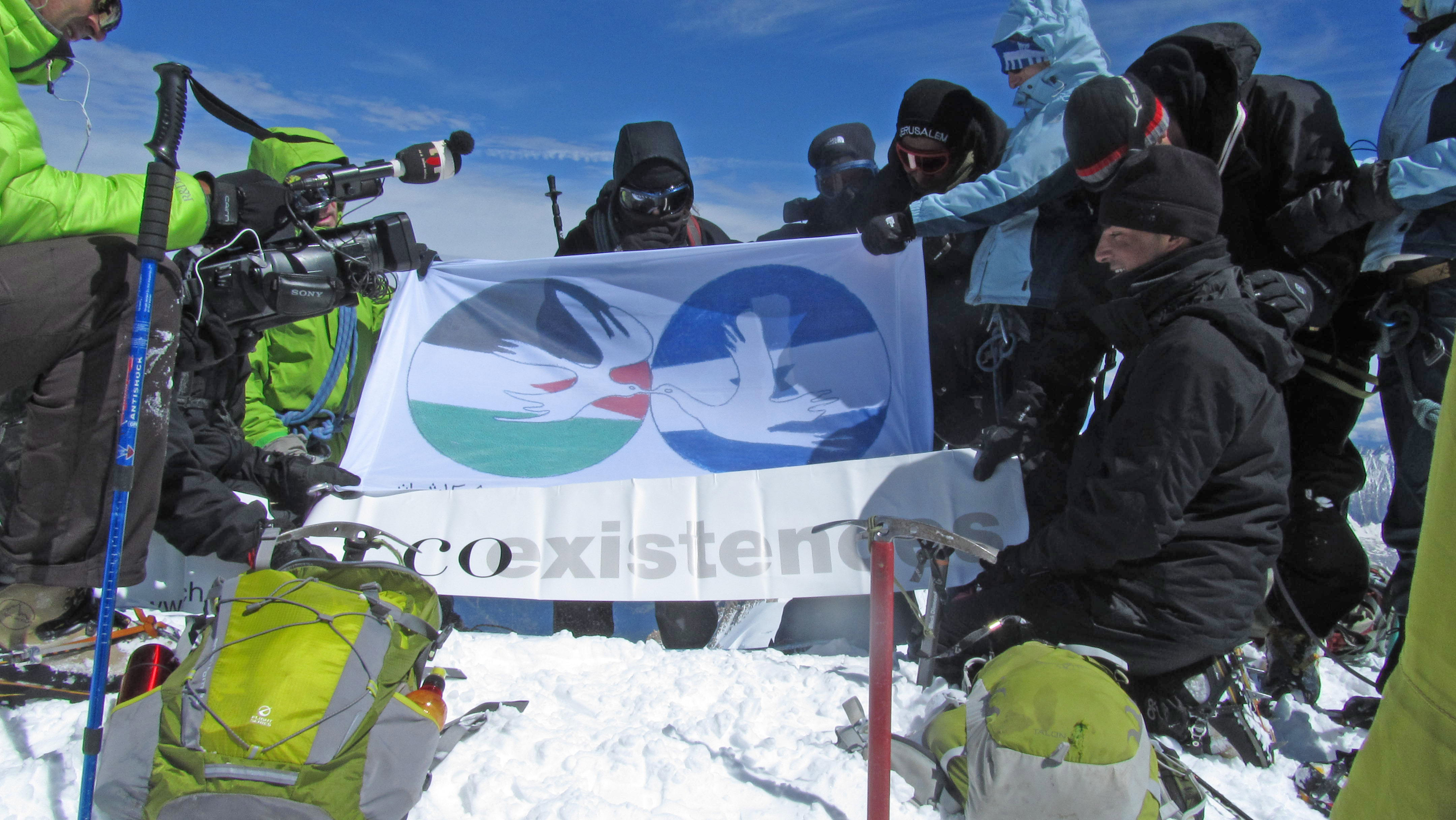
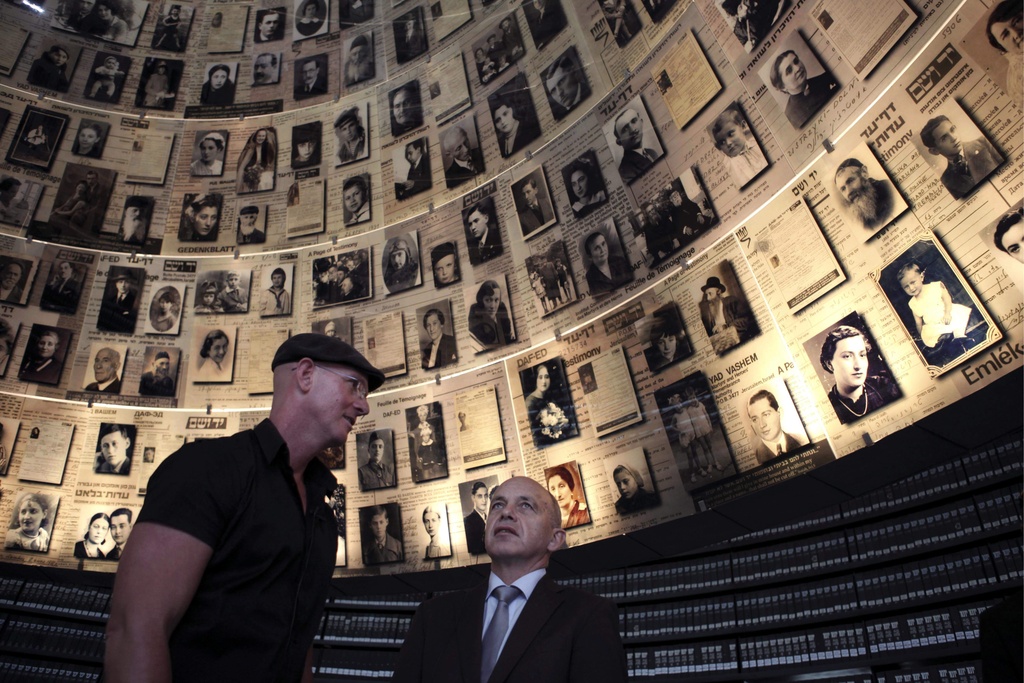
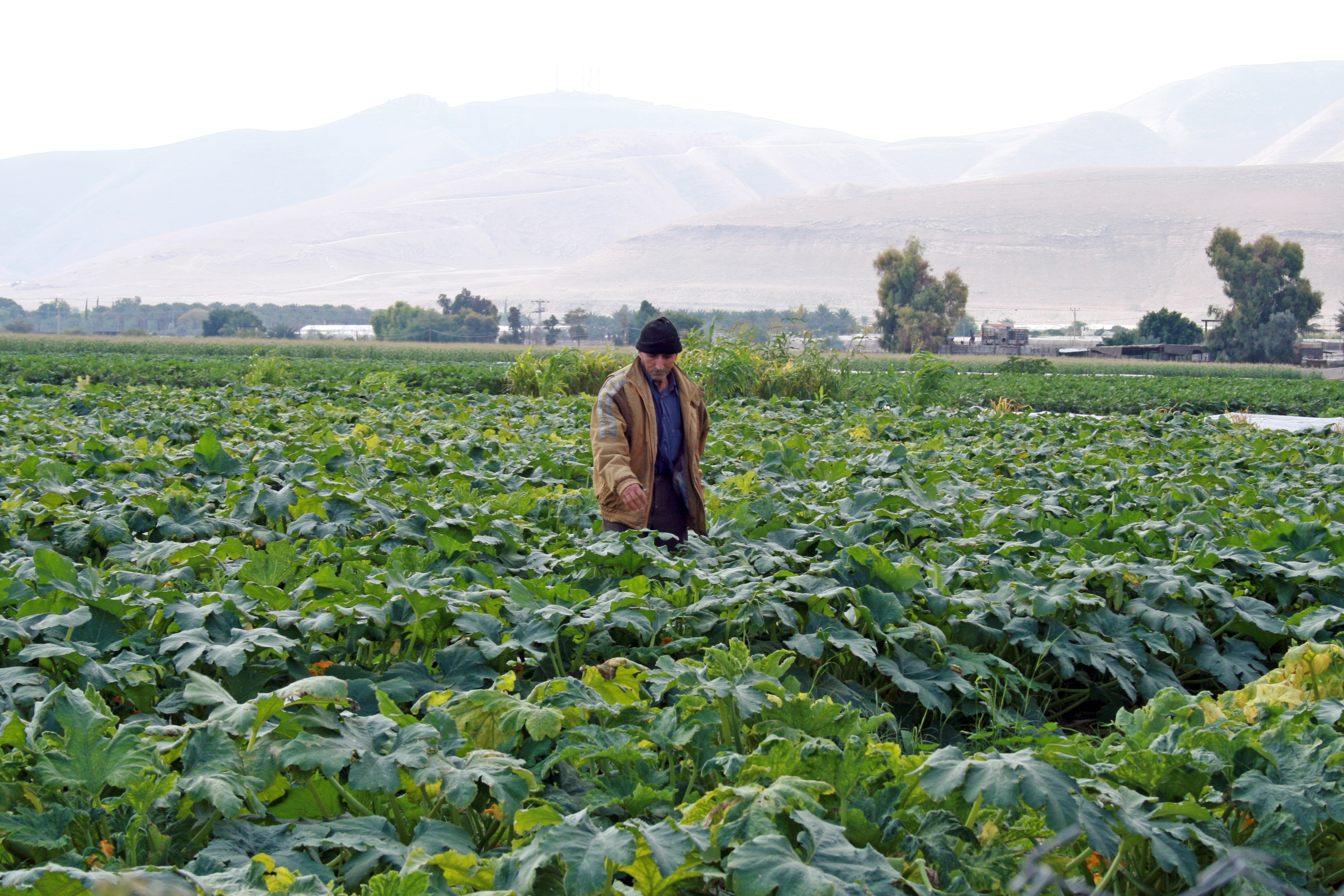
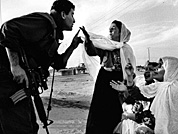
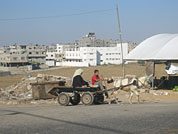
You can find an overview of ongoing debates with our journalists here. Please join us!
If you want to start a conversation about a topic raised in this article or want to report factual errors, email us at english@swissinfo.ch.